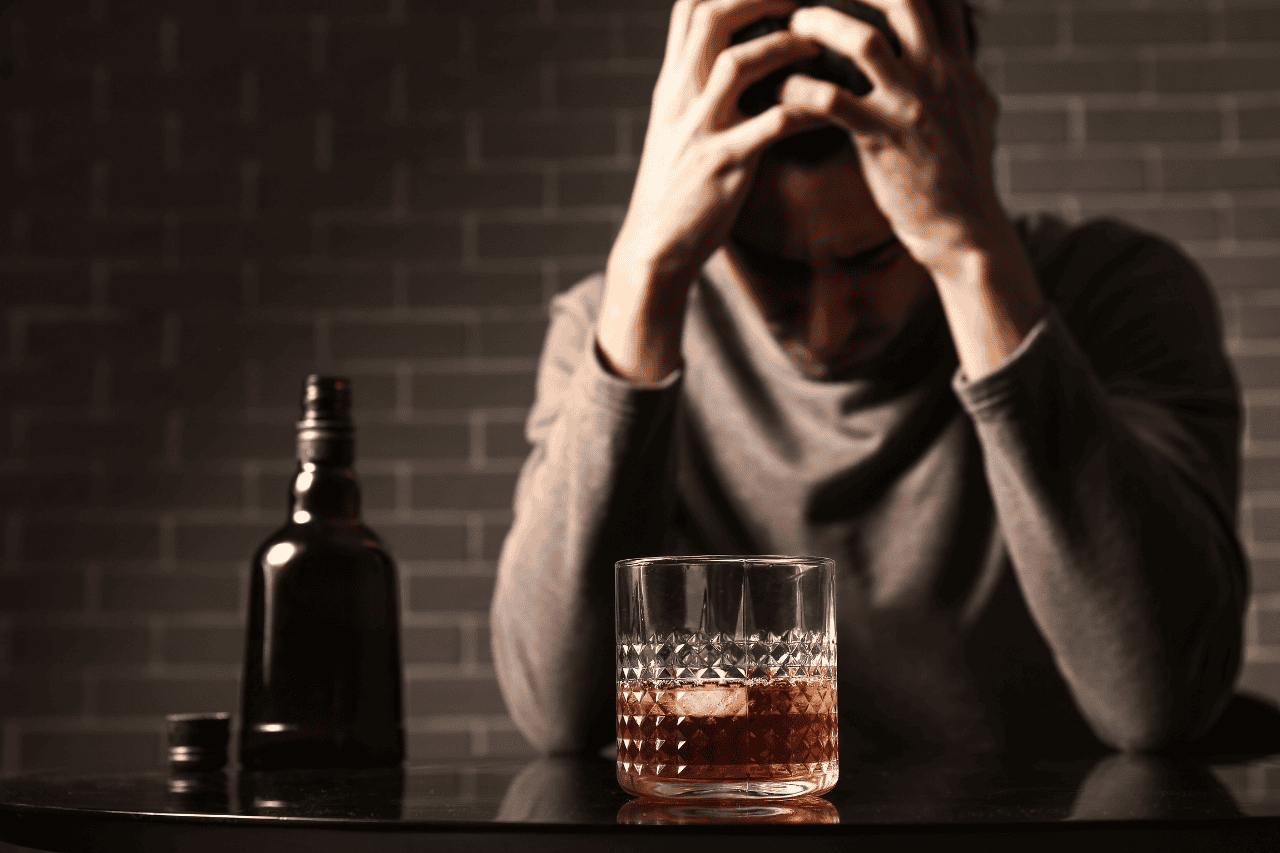There’s no easy way to talk about this. And that’s okay, some of the most important conversations in life aren’t easy. If you’re a man who’s struggling with substance use, or you’ve been leaning on something to get through the day, alcohol, pills, weed, harder stuff, you’re not alone.
You might not even be sure if it’s a problem yet. Maybe you’ve just noticed that something feels off. Maybe it’s harder to focus. Maybe you’re tired all the time. Maybe you’re more irritable than you used to be. Or maybe you’re feeling hollow in a way that’s tough to explain.
This article is for you. Not to lecture. Not to shame. Just to lay the truth on the table so you can start making sense of what’s going on and maybe take a step forward.
How Substance Use and Mental Health Feed Each Other
A lot of men turn to substances to get by. It’s not always about partying or getting high. Sometimes it’s about numbing pain. Blunting anxiety. Drowning sadness. Forgetting trauma. Trying to feel something or nothing at all.
But here’s the hard truth: the same things we turn to for relief often end up making things worse.
Alcohol is a depressant. Over time, it lowers mood and disrupts brain chemistry.
Marijuana can increase paranoia and worsen anxiety for some.
Opioids and prescription pills dull emotional pain, but they also reduce your brain’s natural ability to regulate mood.
Stimulants like cocaine or meth may feel like confidence boosts—but they often lead to crashing lows, panic, and long-term damage to your mental state.
When substance use becomes a habit or a dependency, it often starts to mask or worsen underlying mental health issues like:
Depression
Anxiety
PTSD
Mood swings
Anger issues
Social withdrawal
And because many men are taught to “push through” or “deal with it” silently, these issues get buried. But buried doesn’t mean gone.
The Toll on Your Mind and Body
What starts as an escape becomes a trap. Over time, substance use and mental health struggles create a cycle that’s hard to break:
Sleep suffers. You’re up all night, or crashing too hard.
Motivation drops. You stop caring about work, hobbies, or even basic stuff like eating well.
Relationships strain. You push people away—or they start pulling back.
Physical health declines. Weight changes, heart strain, liver damage, headaches, constant fatigue.
Self-worth tanks. You start believing you’re broken, unfixable, or a burden.
But you’re not broken. You’re not weak. You’re in pain. And pain doesn’t make you less of a man—it makes you human. And it means it’s time to reach for something different.
Why Early Intervention Matters
The sooner you get support, the better your chances of long-term recovery—and a better life. You don’t have to wait until you hit some imaginary “rock bottom.” You don’t need to lose everything before you ask for help. In fact, the best time to take a step is right now—when you’re still reading this, still aware, still thinking about the future.
Early intervention helps you:
Regain control of your life
Address both substance use and the deeper issues underneath
Build healthier coping strategies
Protect your relationships, your health, and your future
What Help Can Look Like
There’s no one-size-fits-all path to recovery. But there is a path. And it can start small.
1. Talk to Someone You Trust
This could be a friend, a mentor, a partner, or even just a guy you respect. You don’t need to lay everything out at once. Just tell someone you’re not okay.
2. Seek Professional Help
You can start with a primary care doctor, a therapist, or a substance use counselor. They’re trained to help without judgment. They can also screen you for underlying issues like depression or anxiety, which may be contributing.
3. Find a Group
Men’s recovery groups, peer support circles, or online communities like this one—having other men who understand what you’re going through can be life-changing.
4. Start with One Small Change
Even if you’re not ready to stop using completely, you can start with small shifts—cutting back, journaling your moods, reaching out once a week. Progress, not perfection.
Helpful Resources
When you’re ready to take action, here are trusted places to start:
SAMHSA National Helpline – Free, confidential help 24/7. Call 1-800-662-HELP (4357)
NAMI (National Alliance on Mental Illness) – Education, support groups, and a helpline (1-800-950-NAMI)
Alcoholics Anonymous – Peer-based meetings for anyone struggling with alcohol use
Narcotics Anonymous – Peer-based recovery for any kind of substance use
HeadsUpGuys – Mental health tools and info made specifically for men
Mental Health America – Screening tools, education, and treatment support
Local community health centers also often provide free or low-cost mental health and substance use services. Check what’s available in your city or county.
You’re Not Weak. You’re Worth It.
Here at The Solemn Sir, we know how heavy life can get. We know what it’s like to feel ashamed, lost, or numb. But you’re not alone. And you don’t have to figure it out by yourself.
There’s strength in honesty. There’s power in asking for help. There’s a way out—and the fact that you’re reading this means you’ve already taken the first step.
We see you. We’re with you. And we’re not going anywhere.

